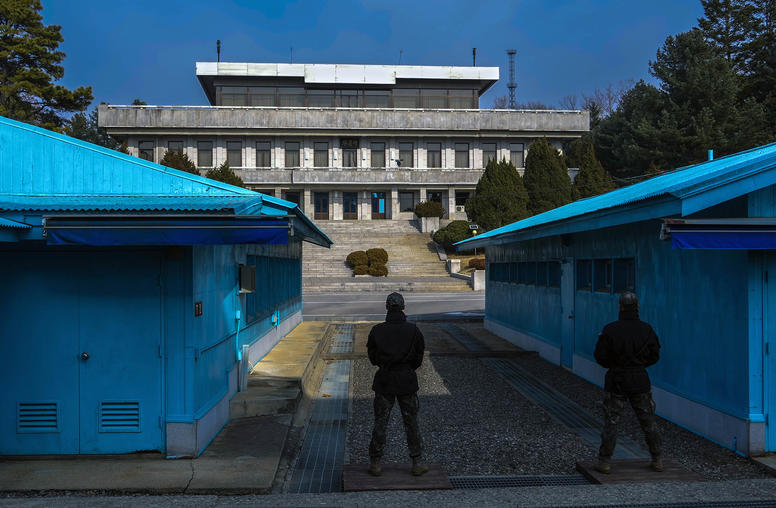Health, Migration and the Future of North Korea
Kim Jong Un, son of North Korean leader Kim Jong Il, appears poised to accept a transfer of power from his father. While the nature and timing of that transfer is not known, even more uncertain is the future of the country he would inherit. What can international experts learn from migrants and refugees about health and other conditions in North Korea? A panel of experts discussed these questions at a critical time in North Korea’s history.
Read the event analysis, Health and Migration Concerns Increase for the Future of North Korea
Kim Jong Un, son of North Korean leader Kim Jong Il, appears poised to accept a transfer of power from his father. While the nature and timing of that transfer is not known, even more uncertain is the future of the country he would inherit. Floods and crop failures, currency devaluation, and mass migration all threaten to destabilize the state, and the state’s capacity to manage these threats is in decline. The state’s public health system, in particular, has been plagued by widespread shortages of medication and equipment, as well as health care workers isolated from international advances in health care.
How can North Korea manage its increasingly obsolete health system? What can international experts learn from migrants and refugees about health and other conditions in North Korea? A panel of experts discussed these questions at a critical time in North Korea’s history.
Speakers
- Gilbert Burnham
Professor of International Health and Co-Director of Center on Refugees and Disaster Response
Johns Hopkins Bloomberg School of Public Health - John S. Park
Senior Research Associate, Center for Conflict Analysis and Prevention
U.S. Institute of Peace - W. Courtland Robinson
Assistant Profession of International Health
Johns Hopkins Bloomberg School of Public Health - Leonard S. Rubenstein, Moderator
Chair, Health and Peacebuilding Working Group
U.S. Institute of Peace
Explore Further



